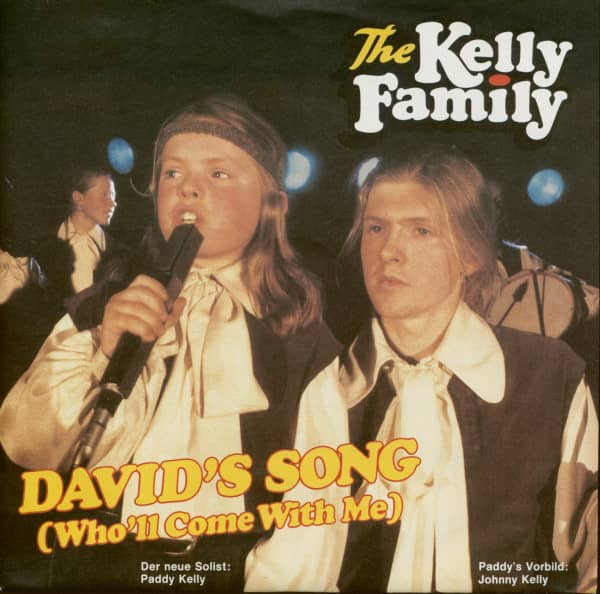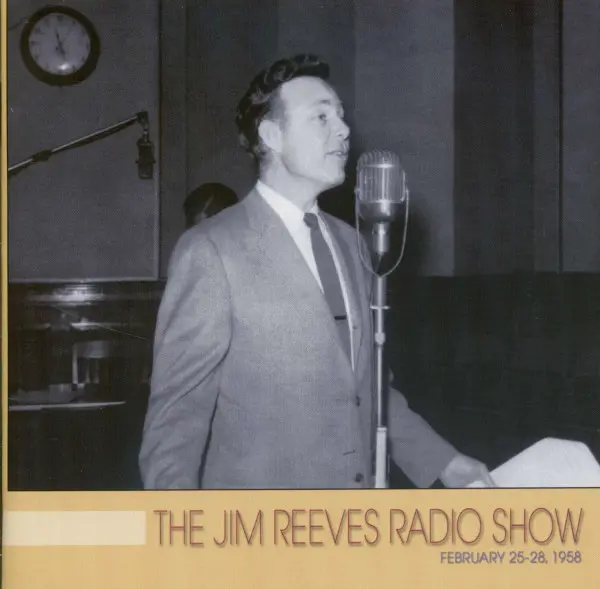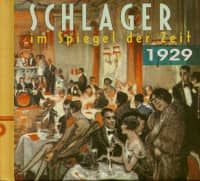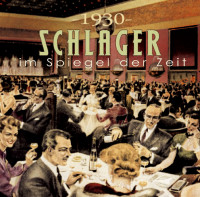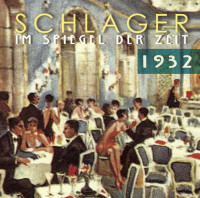Various - Schlager im Spiegel der Zeit Schlager im Spiegel der Zeit - 1955

* incl. VAT / plus shipping costsDepending on the country of delivery, the VAT at checkout may vary.
Ready to ship today,
delivery time** appr. 1-3 workdays
- catalog number: BCD17185
- weight in Kg 0.14
- PDF (deutsch) Download

Ready to ship today, delivery time** appr. 1-3 workdays

Ready to ship today, delivery time** appr. 1-3 workdays
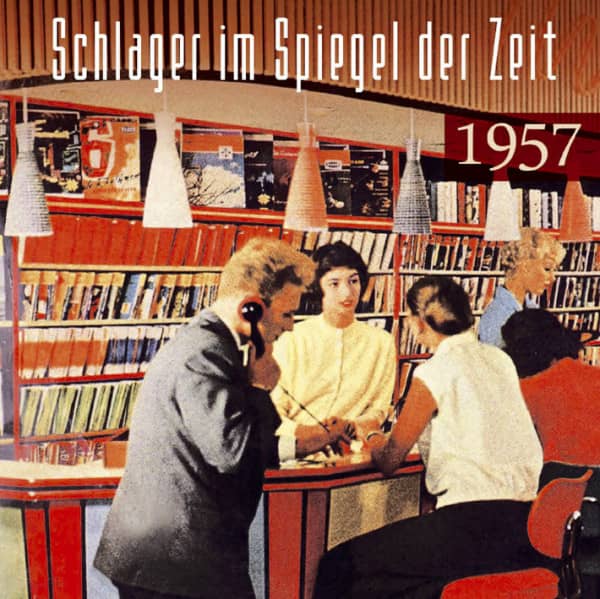
Ready to ship today, delivery time** appr. 1-3 workdays

Ready to ship today, delivery time** appr. 1-3 workdays

Ready to ship today, delivery time** appr. 1-3 workdays










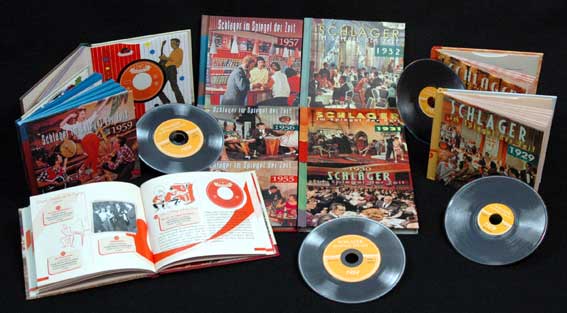 Nur wenige Genres vermögen ähnlich zu polarisieren, wie der Schlager. Wer beim Stichwort jedoch allein an aktuelle Verwerfungen denkt, tut dem Ganzen Unrecht. Vor Ballermann, Schlagermove und Mutantenstadl gab es Zeiten, in denen der Schlager nicht nur durch Charme, Witz und Esprit überzeugte, sondern vielmehr den Soundtrack des Geschehens bildete: In seinen Boomphasen während der Goldenen Zwanziger und zu Wirtschaftswunderzeiten war der Schlager ein Massenphänomen (nach heutigen Maßstäben „Mainstream“). Ob man ihn mag oder nicht – er ist integraler Bestandteil der hiesigen (Musik-)Kultur und spiegelt im 20. Jahrhundert prägnant wie kaum ein anderes Genre nationale Bewusstseinsverhältnisse und deutsche Alltagsgeschichte wider.
Nur wenige Genres vermögen ähnlich zu polarisieren, wie der Schlager. Wer beim Stichwort jedoch allein an aktuelle Verwerfungen denkt, tut dem Ganzen Unrecht. Vor Ballermann, Schlagermove und Mutantenstadl gab es Zeiten, in denen der Schlager nicht nur durch Charme, Witz und Esprit überzeugte, sondern vielmehr den Soundtrack des Geschehens bildete: In seinen Boomphasen während der Goldenen Zwanziger und zu Wirtschaftswunderzeiten war der Schlager ein Massenphänomen (nach heutigen Maßstäben „Mainstream“). Ob man ihn mag oder nicht – er ist integraler Bestandteil der hiesigen (Musik-)Kultur und spiegelt im 20. Jahrhundert prägnant wie kaum ein anderes Genre nationale Bewusstseinsverhältnisse und deutsche Alltagsgeschichte wider.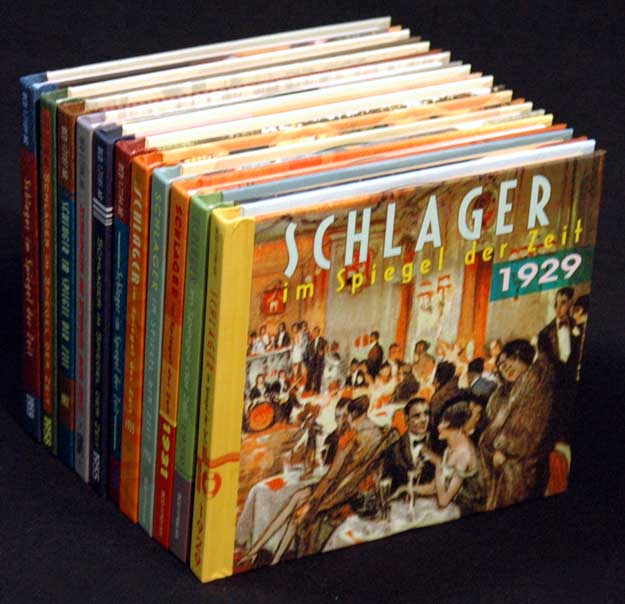 Die Goldenen Zwanziger formieren sich zwischen Bauhaus, Bubikopf und Ballsaal. Mittendrin, auf dem Gipfel der Popularität: der Schlager. Mit Marlene Dietrich, den Comedian Harmonists, Max Hansen, Hans Albers, Willy Fritsch und Lilian Harvey erreicht der Schlager ein Millionenpublikum. Nicht zuletzt durch das Aufkommen des Tonfilms bilden Ohrwürmer wie „Ich bin die fesche Lola“ oder „Flieger, grüß mir die Sonne“ neben Evergreens wie „Surubaya-Johnny“ oder „Veronika, der Lenz ist da“ das musikalische Outfit der Weimarer Republik.
Die Goldenen Zwanziger formieren sich zwischen Bauhaus, Bubikopf und Ballsaal. Mittendrin, auf dem Gipfel der Popularität: der Schlager. Mit Marlene Dietrich, den Comedian Harmonists, Max Hansen, Hans Albers, Willy Fritsch und Lilian Harvey erreicht der Schlager ein Millionenpublikum. Nicht zuletzt durch das Aufkommen des Tonfilms bilden Ohrwürmer wie „Ich bin die fesche Lola“ oder „Flieger, grüß mir die Sonne“ neben Evergreens wie „Surubaya-Johnny“ oder „Veronika, der Lenz ist da“ das musikalische Outfit der Weimarer Republik.
